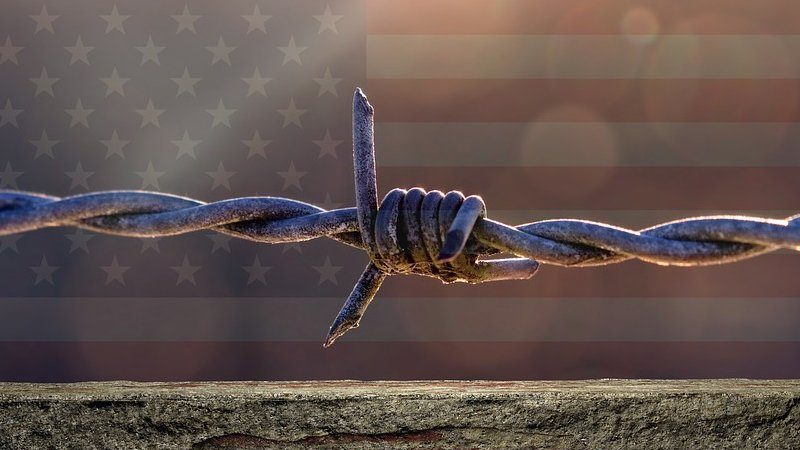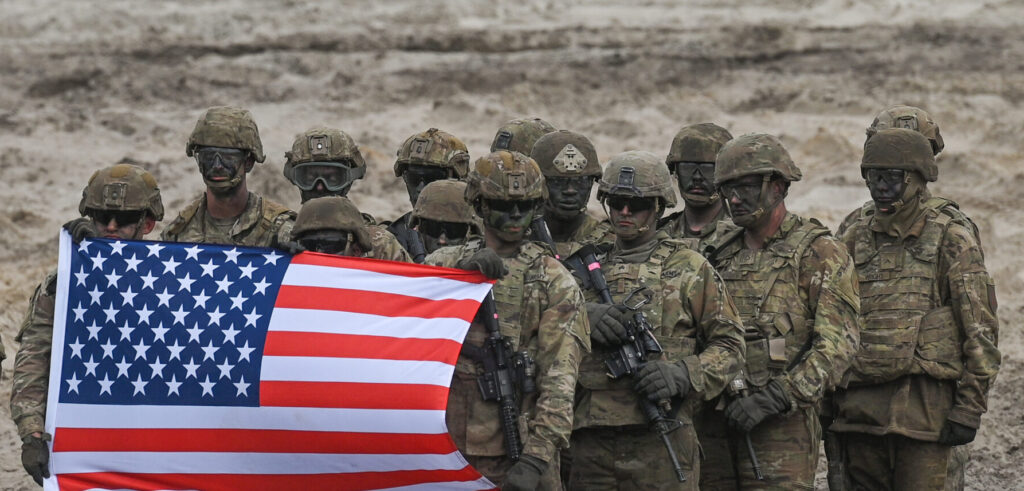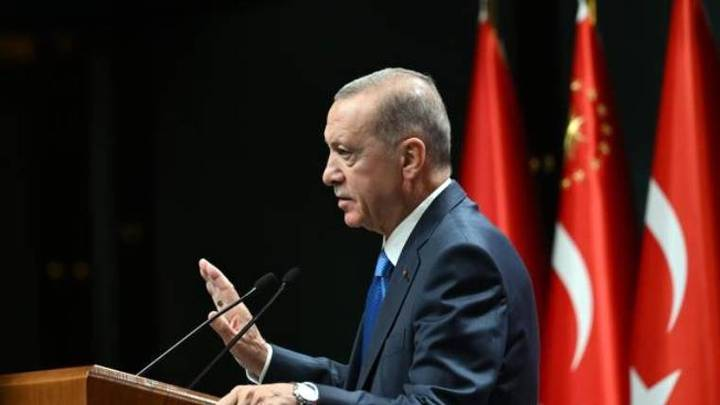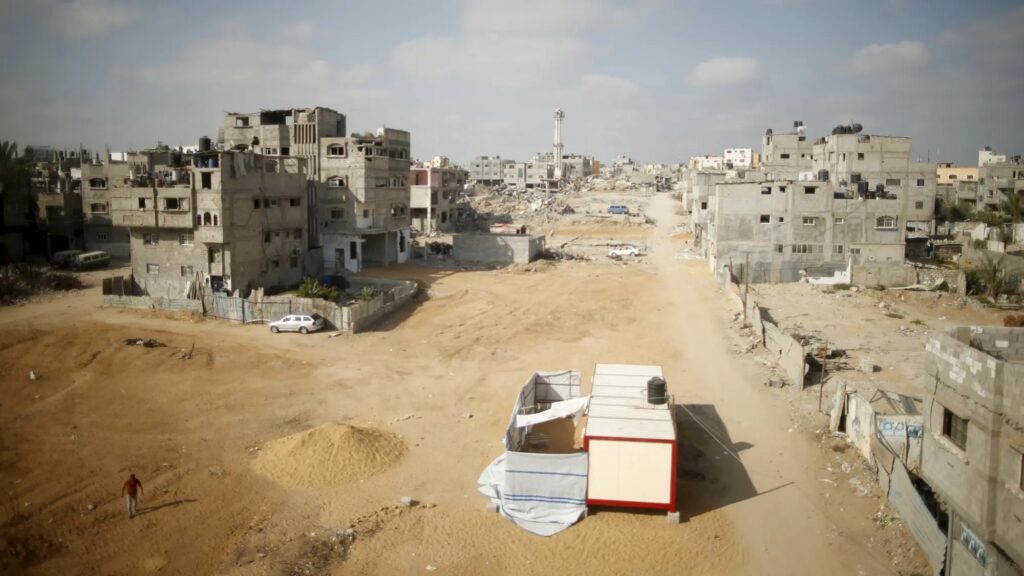The Hasty Repatriation Of Afghan Refugees: Creating Havoc In Pakistan – OpEd
Afghans are the most unfortunate ones on the planet that they have in trouble in their homeland and with neighbours, soon after they emerged as a nation in 1747 due to their geography and geo-strategic importance well described by great poet Alama Iqbal, “the heart of Asia and Lord Curzon a British statesman, foreign secretary and viceroy in United India, “the roundabout of Asia.







